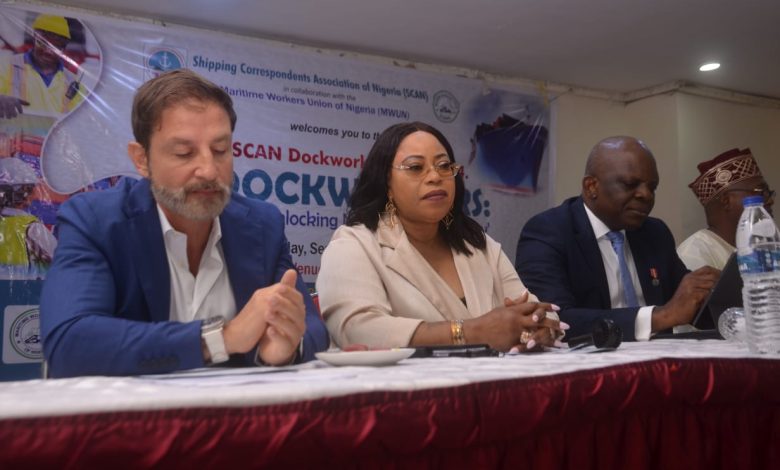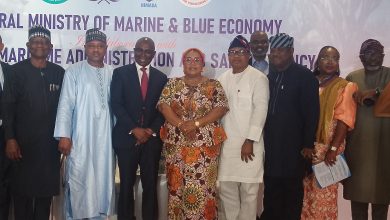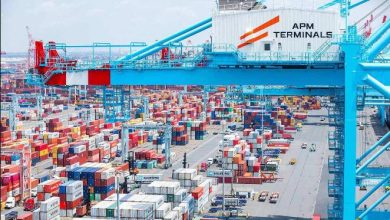Maritime
How Port concession increased job security, better remuneration for dockworkers – Terminal operators
. New CBAs giving dockworkers new lease of life

By Isapa Toromoyan
The Seaports Terminal Operators Association of Nigeria (STOAN) has described Nigeria’s port concession programme as a transformative game-changer which has increased job security and improved remuneration and welfare for dockworkers in the country.
The terminal operators who spoke at the 2024 Dockworkers’ Day organised by the Shipping Correspondents Association of Nigeria (SCAN) in collaboration with the Maritime Workers Union of Nigeria (MWUN), in Lagos, said that the port concession has brought about efficiency in the various terminals in the ports.
This is even as they Dockworkers are the backbone of Nigeria’s seaborne trade, yet their inputs usually go unnoticed.
The Chairman, STOAN, Princess Vicky Haastrup, said by introducing private sector expertise and investment at the port, the port concession has improved working conditions and safety standards, enhanced productivity and efficiency, increased job security and better remuneration, and provided training and development opportunities.
According to her, these positive impacts have significantly improved the livelihoods of dockworkers, enabling them to better support their families and communities, saying that dockworkers’ skills, expertise, and dedication facilitate the movement of goods, stimulate trade, and drive economic growth.
She prior to the 2006 port concession programme, dockworkers faced numerous challenges, including poor remuneration, lack of conditions of service, and lack of identifiable employers, adding that their safety was often neglected, leading to exploitation, dehumanisation, and underpayment.
She said the Federal Government’s bold move to reform and concession the ports has transformed the industry.
Haastrup, however, stated that the STOAN, MWUN and NIMASA have collaborated to enhance dockworkers’ welfare through the regular signing of Collective Bargaining Agreements (CBAs), noting that these agreements ensured fair treatment, living wages, and retirement benefits, thereby giving dockworkers a new lease on life.
“Today, dockworkers have comprehensive and robust conditions of service, which include health insurance, life insurance, workmen compensation, pension, gratuity, and bonuses,” she said.
On the impact, Haastrup said the average dockworker’s take-home pay has increased substantially and the CBA has also fostered industrial harmony at the ports.
She however assured that the terminal operators remained steadfastly committed to the welfare of dockworkers, unwavering in their dedication despite the challenging economic situation in the country.
President, SCAN, Eugene Agha, said Nigeria is on its way to optimizing the benefits of its abundant ocean endowments with the creation of a separate ministry of marine and blue economy for the sector.
Already, he said both government and private sector stakeholders are repositioning to make the most of this reality.
“In an import -dependent economy, and with the port sector a primary segment of the nation’s focus for revenue generation and economic diversification, we at SCAN believe that Dockworkers are pivotal in translating the efforts to exploit the nation’s near-endless marine potentials into economic wealth,” he said.





